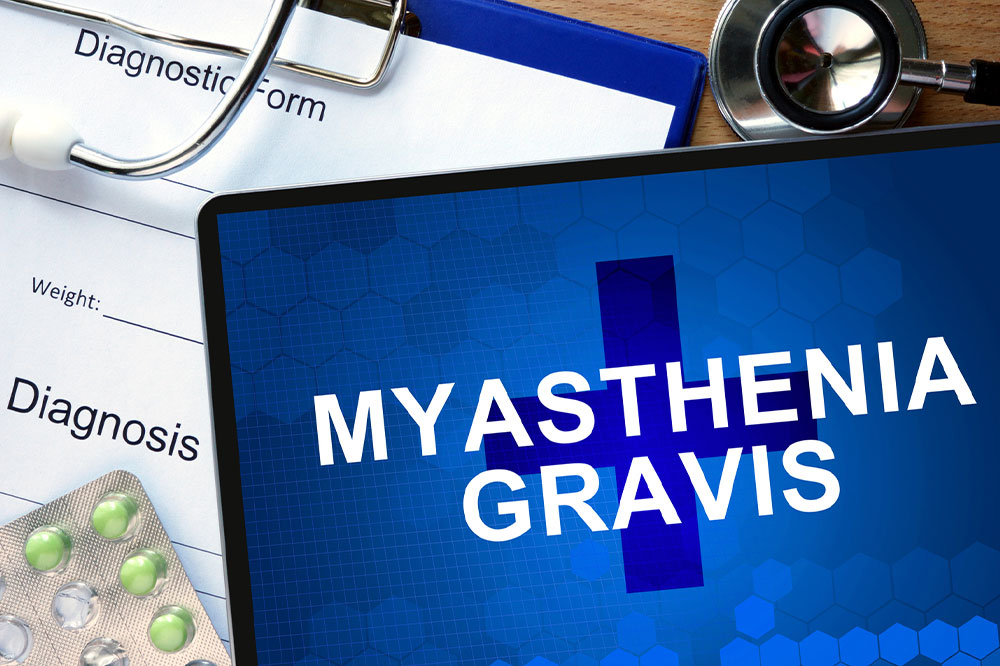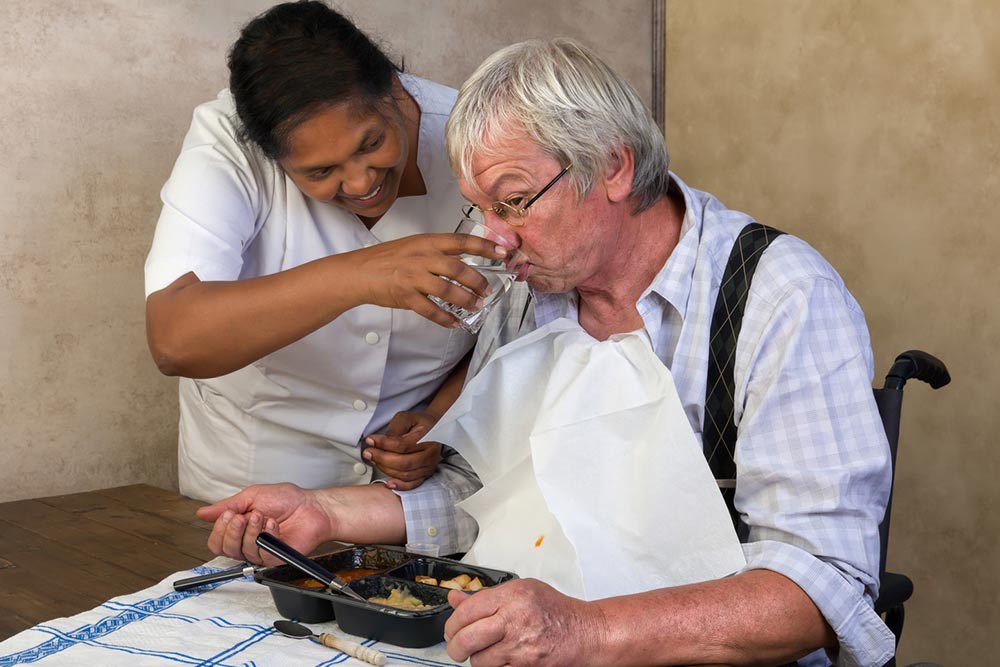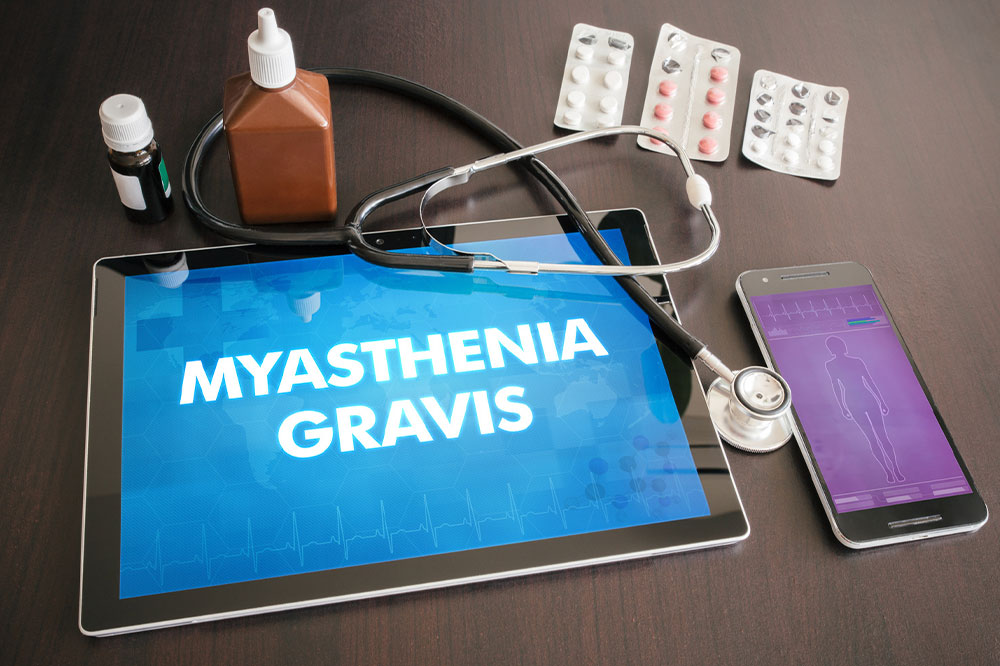Effective Management Strategies for Myasthenia Gravis Patients
This article explores comprehensive management strategies for myasthenia gravis, covering medications, surgical options, intravenous therapies, and natural approaches. Tailored to individual needs, these treatments aim to control symptoms and enhance quality of life. Emphasizing professional consultation, it highlights the importance of personalized care in managing this complex neuromuscular disorder.

Management Options for Individuals with Myasthenia Gravis
Myasthenia gravis is a neurological disorder characterized by weakness in voluntary muscles, resulting from disrupted nerve-to-muscle signal transmission. It impacts areas such as the eyes, face, neck, arms, and legs, leading to muscle fatigue and weakness. Though there is no definitive cure, various treatments aim to alleviate symptoms and slow disease progression.
Approaches to Managing Myasthenia Gravis Treatment plans often combine multiple strategies tailored to individual needs. Main focus is on symptom control and improving quality of life.
Common management options include,
Medications
Standard drug therapies involve cholinesterase inhibitors, corticosteroids, and immunosuppressants. Cholinesterase inhibitors enhance muscle strength by improving nerve-muscle communication but may cause side effects like diarrhea and excessive salivation. Corticosteroids modulate immune activity but can lead to bone thinning and other adverse effects. Immunosuppressants help control immune response with potential risks such as infections and organ damage.
Surgical Procedures
Surgery is considered mainly for those with thymomas. Removing the thymus gland, even without a tumor, can benefit symptom management. Surgical choices include open chest procedures or minimally invasive techniques, which involve fewer incisions and lower risks, resulting in faster recovery.
Intravenous Treatments
For sudden symptom aggravation, therapies like plasmapheresis and intravenous immunoglobulin (IVIG) are used. Plasmapheresis filters blood to remove problematic antibodies, offering temporary relief. IVIG provides immunoglobulins to modulate immune response, with effects lasting several weeks.
Treatment selection depends on factors like patient age, symptom severity, and disease progression. Specialized centers offer the latest treatments and expert care.
Natural and Complementary Therapies
Apart from prescribed medications, natural approaches may support overall health. These include traditional Chinese herbal treatments, which have shown promising results in some cases, but require consultation with healthcare providers to prevent interactions. Respiratory muscle training can improve breathing endurance and reduce fatigue by strengthening respiratory muscles. Adjusting diet to include vegetables, whole grains, lean proteins, and nutrients like calcium and vitamin D can bolster health. Avoiding spicy and fatty foods helps maintain overall wellness and reduce symptoms.
Always consult healthcare professionals before initiating any treatment to ensure safety and effectiveness.










